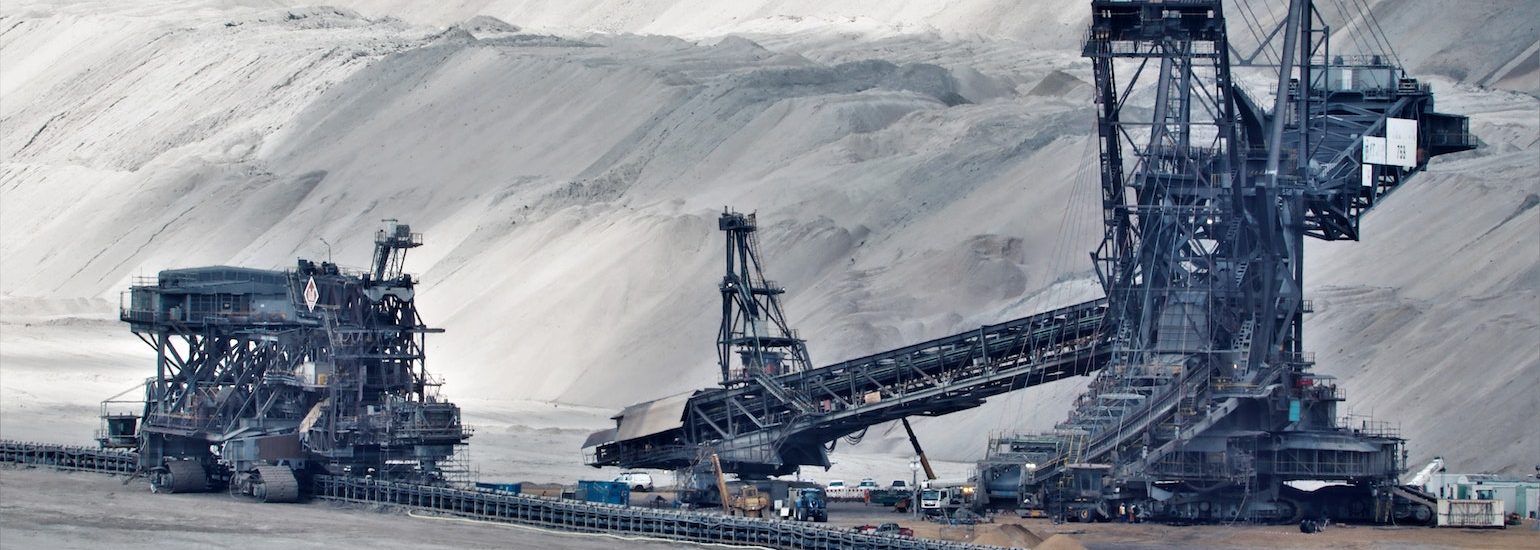The tide of prosperity for the local thermal coal miners turning, with the market price for the black lumps abating from their record highs and debt and equity providers shunning the maligned sector.
But does mean that everyday investors should avoid the cluster of big-ticket ASX-listed coal stocks?
The answer is a definitive ‘not necessarily’. That’s because share valuations have also retreated to reflect the new reality, with the cashed-up stocks still paying handsome dividends.
“Thermal coal markets are currently well supported over the long term over the long term we expect a fragmented supply response across all regions,” broker Bell Potter says.
Whitehaven Coal (WHC) last week reflected the vibe, reporting full-year sales of 16.6 million tonnes, steady on the previous year.
The average received price was a record $445 per tonne, exceeding the previous year’s $325/t. However June quarter sales were struck at an average $264/t, while the current market price hovers around a two-year low of $130/t.
Having generated $435 million during the quarter, Whitehaven sits on net cash of $2.7 billion – enough to generate a tidy dividend stream with change left over for acquisitions, buybacks or other shareholder goodies.
The other key ASX thermal coal exponents are New Hope Coal (NHC), Coronado Global Resources (CRN), Yancoal (YAL) and Terracom (TER).
They are all sitting on cash levels that would make a drug lord blush, which is just as well given the increasing reluctance of lenders to support them.
But for dividend chasing investors unafraid of the sector’s pariah status, there are rewards by the bucketload.
A local and South African producer, Terracom yields an extraordinary 50 per cent and pays quarterly yields. Based on earnings expectations for the current year, Yancoal and New Hope yield 24 per cent and 14 per cent respectively.
These dividends are at least partly franked.
Of course, such extravagant returns signal that investors assume that the companies’ earnings (and thus dividends) are unsustainable – a reasonable assumption for mining stocks captive to boom-and-bust commodity cycles.
Inevitably, profits and dividends will revert to the norm. Until that happens, investors are protected by the laughably low multiples the stocks are trading on.
The other way of playing the game is to invest in producers of coking (metallurgical) coal, a rarer commodity than thermal coal that marches to its own tune. The global per-tonne price peaked at $US550 ($808) a tonne in early 2022 and now fetches around $US240/t, which still is well above the historic norm.
With coking coal assets in Queensland and the US, Coronado Global Resources (CRN) on Friday reported saleable production of 4.5 million tonnes for the June quarter, 22 per cent better than the March quarter.
Coronado looks well placed to achieve its target of 13.5 million tonnes of output per annum by 2025.
Despite the spectre of recession, steel remains in demand: consultancy Wood Mackenzie forecasts global steel output to increase from 1.8 billion tonnes in 2022, to 2.2 billion tonnes by 2050.
Key demand drivers are the use of steel in renewables infrastructure such as wind turbine and the rise and rise of India’s economy. One headwind is the increased adoption of electric arc furnaces, which don’t need coking coal.
Meanwhile, all eyes are on BHP as it enters the final stage of the circa $2 billion divestment of its non-core met coal assets in Queensland: Blackwater and the smaller Daunia.
Given the cashed-up nature of the potential purchasers, reportedly there is keen competition. But given the risk of overpaying, the market may look more favourably on the ‘losing’ underbidders.
While there are risks to the story, will put our slender neck on the block and declare the death of Old King Coal as exaggerated.
At the very least, the miners of the black gold should remain dividend cash cows for some time.
This story does not constitute financial product advice. You should consider obtaining independent advice before making any financial decisions.















